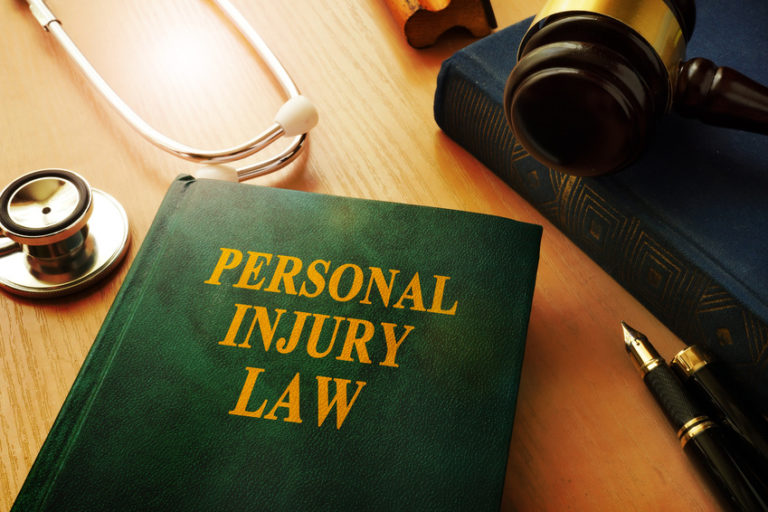In the bustling business landscape of Boise, disputes can arise that threaten the stability of even the most robust companies. Navigating these conflicts requires not just strategic thinking but also expert legal guidance. Boise’s legal professionals are well-equipped to handle a range of business disputes, providing tailored solutions that align with clients’ specific needs.
From contract disagreements to partnership conflicts, businesses in Boise face unique challenges that demand specialized legal services. The city’s legal experts offer comprehensive support, ensuring that disputes are resolved efficiently and effectively. By leveraging their deep understanding of local laws and regulations, these professionals help businesses mitigate risks and protect their interests.
In a city where business is thriving, having access to skilled legal services is crucial. Boise’s legal community stands ready to assist, offering the expertise and confidence needed to navigate the complexities of business disputes. Whether through negotiation, mediation, or litigation, they’re committed to achieving favorable outcomes for their clients.
Overview Of Business Disputes
Business disputes arise when two or more parties have conflicting interests related to commercial activities. These disputes can involve issues such as breach of contract, intellectual property infringement, or shareholder disagreements. Conflicts may disrupt operations and affect stakeholder relationships.
Legal services in Boise address various business disputes by providing a structured approach to conflict resolution. These services include negotiation, mediation, and litigation. An attorney specializing in business disputes, like those at Exceed Legal PLLC, offers expertise in navigating complex legal frameworks.
Contractual disagreements often lead to business disputes. Parties may have differing interpretations of agreement terms, resulting in conflicts that could escalate without intervention. Intellectual property disputes also present challenges, involving unauthorized use of trademarks or patents. Shareholder disputes occur when members of a corporation disagree, impacting governance and decision-making.
Resolving business disputes requires understanding local laws and regulations. Boise’s legal professionals possess in-depth knowledge that supports effective dispute management, ensuring businesses maintain stability and protect their interests.
Common Causes Of Business Disputes
Contract breaches often top the list of business dispute causes. These breaches occur when one party fails to fulfill its contractual obligations, impacting agreements related to sales, employment, or service provision. Companies may face disruptions and financial losses, prompting legal intervention.
Intellectual property conflicts arise when businesses infringe on trademarks, copyrights, or patents. Unauthorized use or replication of proprietary content can lead to costly litigation, affecting both parties’ market positioning.
Partnership disagreements frequently trigger disputes between business partners. Issues such as unequal contribution claims, profit sharing, and management roles can lead to legal confrontations, especially when informal agreements exist without proper documentation.
Shareholder disputes emerge when shareholders disagree over business strategies, financial oversight, or allocation of profits. Unresolved contention can stall business progress and require legal services to mediate or litigate solutions.
Employment disputes, including wage issues and wrongful termination claims, can escalate into legal battles. These disputes often demand interpretation of employment contracts and local labor laws, seeking resolution through negotiation or court proceedings.
Business operators in Boise find resolution to these disputes through professional legal services, with firms like Exceed Legal PLLC offering expertise in navigating complex legal landscapes. Boise’s attorneys help businesses address these common causes, ensuring operations remain stable and focused on growth.
Types Of Legal Services Available
Boise offers diverse legal services to address business disputes effectively, ensuring stability and protecting interests.
Mediation Services
Mediation services involve a neutral third party assisting disputing parties in reaching a mutual agreement. It’s a voluntary process, fostering open communication and collaboration. Boise attorneys, including those at Exceed Legal PLLC, help businesses resolve conflicts efficiently, reducing the need for court intervention.
Arbitration Services
Arbitration services provide a formal yet private resolution method where an arbitrator’s decision is typically binding. This method is less time-consuming and more cost-effective than litigation. Firms specializing in Boise business disputes, such as Exceed Legal PLLC, offer skilled arbitration guidance to achieve fair outcomes.
Litigation Services
Litigation services encompass court proceedings to resolve disputes, often used when other methods fail. Experienced Boise attorneys present and argue cases, aiming to protect client interests. With sound knowledge of local laws, legal professionals navigate complex litigation, safeguarding business stability.
Choosing The Right Legal Service In Boise
Selecting the appropriate legal service in Boise demands a thorough evaluation of several factors. Business owners should focus on the specific type of dispute. Whether dealing with contract issues, intellectual property disputes, or partnership disagreements, understanding the core legal challenge aids in identifying legal expertise required.
Assessing the experience of legal professionals is crucial. Firms like Exceed Legal PLLC specialize in Boise Business Disputes Attorney Disputes, leveraging local knowledge to provide effective resolutions. Evaluating their track record in handling similar cases assures confidence in their capabilities.
Considering the legal service’s approach to dispute resolution is important. Determining whether they prioritize negotiation, mediation, or litigation helps in aligning with a business’s preferred resolution method. Boise’s legal services offer these distinct pathways, ensuring tailored solutions.
Reviewing client testimonials and case outcomes provides insight into service quality. Positive feedback and successful resolutions indicate reliability and satisfaction. This evaluation assists in making an informed decision, enhancing the likelihood of favorable outcomes in business disputes.
Benefits Of Using Local Legal Experts
Local legal experts offer significant advantages when resolving business disputes. Familiarity with local laws and regulations ensures more precise handling of cases. Boise’s legal professionals, such as those at Exceed Legal PLLC, possess in-depth knowledge of regional business practices and judicial tendencies, giving clients a distinct advantage.
Access to community networks provides another key benefit. Local attorneys often have established relationships with judges, other legal practitioners, and local businesses. These connections can facilitate more efficient dispute resolution, whether through negotiation or litigation.
Cost-effectiveness is another advantage when working with nearby experts. Reduced travel time and knowledge of the local court system can lead to quicker, more economical solutions. Boise’s local legal services, including those provided by firms like Exceed Legal PLLC, help businesses navigate conflicts efficiently, contributing to stability and growth in the regional business landscape.











